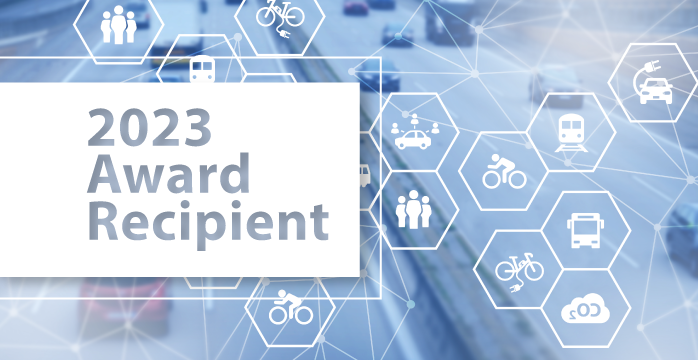Frost & Sullivan’s perspective on the biggest announcement in the telematics space
LONDON, UK – March 30, 2018 – There exists the concept of ‘incentivise to monetise’, whereby most automakers are trying to achieve a balance of collecting data and offering benefits to the end-user, including discounts on warranties, free trials of services, etc. Meanwhile, in the B2B sector, there is a lot of talk about business models. One of the most mature data sets today is the user profile which is used for tailoring insurance policies. Right from basic data points such as speed, acceleration, braking, car model, trips durations, odometer, time, and driving patterns to in-vehicle driver monitoring (using biometrics) aid creation of profiles for insurance.
The biggest announcements in the telematics space came from Octo Telematics, who are the market-leading telematics service provider (TSP) for usage-based insurance (UBI) globally today. Octo Telematics has signed a global partnership with RCI Bank – wholly owned by Groupe Renault to offer tailored insurance policies to their customers based on Octo’s IOT-enabled Next Generation Platform (NGP) which was launched in July 2017.
The platform boasts open and easy access to Application Platform Interfaces (APIs) and features the modular telematics-based insurance architecture through which partners can avail themselves of any mix of services. The first wave of offerings is built around the more mature set of services related to UBI such as coaching on driving skills, better pricing on insurance premiums powered by telematics data; fleet services such as dashboards which include driving behaviour, geolocalisation and financial data. But with Octo’s presence in the Mobility sector (Omoove and EasyOpen solution) and NGP platform, services related to Mobility and smart IoT integration with home and connected living services could be the next area of expansion.
All the RCI Bank and Services customers will be offered an option to include devices from Octo which will enable the company to collect data and customise the services based on the driving needs. This comes as a direct benefit for the customers who have not been a part of connected insurance and can realise discounts which, in turn, has a direct impact on the cost of ownership. This will essentially give traction to the on-demand business models especially for Mobility service providers and fleet companies – where insurance could be custom-made for a trip/number of miles/given time. Potentially in open platform architecture, there could be bids from insurance companies for a particular trip and the customers could choose the policy based on the value-adds they receive.
The platform approach could enable a marketplace of services such as telematics (diagnostics, maintenance, repair, warranties, roadside assistance, and crash assistance), connected services (POIs, contextual navigation, retail discounts, and entertainment) and helps merge with OEMs’ mobility solutions and also offer a broad spectrum to the end-users. The element of personalising these services and bringing the context is done by data collected from the vehicles. RCI Bank with a large customer base and Octo’s IoT platform are set to enable a complete IoT experience offering the digital services on a global scale.
OEMs are looking at multiple partnerships at different levels of services which might be a regional/country level philosophy as it is related to insurance companies. The essence here is that data is not restricted to UBI – OEMs are constantly working with service providers who could put the data in use and create service related to customers, including prognostics and contextual navigation. Every service could have multiple tie-ups and partnerships, while on the other hand, the market place will specifically focus on finding customers for data sets which are anonymised and processed.
Basically, it’s the entire ownership experience and cost of services that impacts the loyalty to the brand. Data on a broader scale is going to be used as a customer-connect interface to fine-tune and personalise the driving and ownership experience.
“As the industry is moving from upstream to downstream value creation (from one-time vehicle sale to value creation throughout the product life cycle), leveraging vehicle data is going to become paramount to deliver value-added services ranging for financial, mobility, vehicle, infotainment, and many more”, said Franck Leveque, Partner and Automotive Business Unit Leader at Frost & Sullivan. “Connectivity, over-the-air updates and advanced data analytics will form the basis for a plethora of new on-demand features and services with benefits for the entire value chain.”




